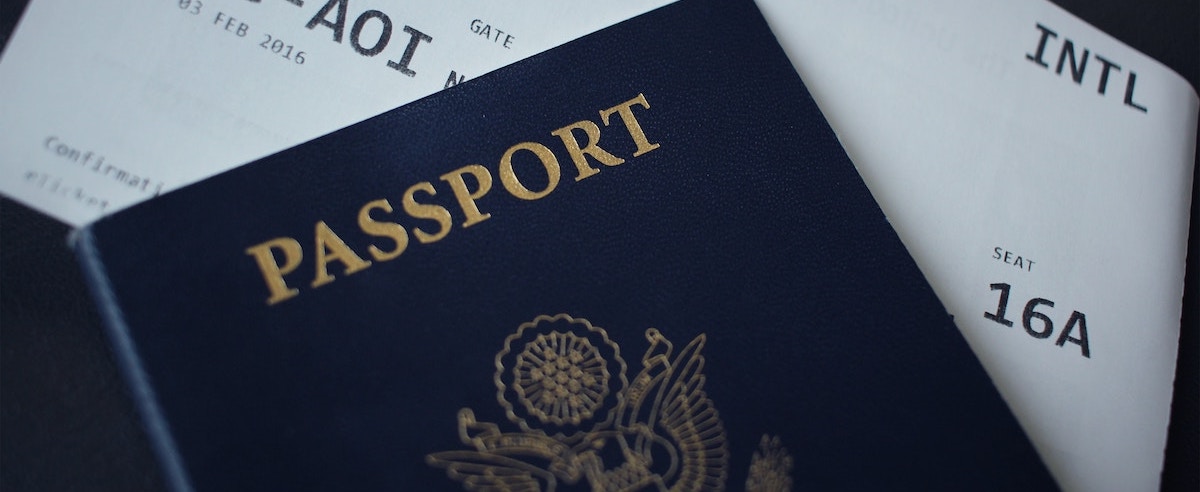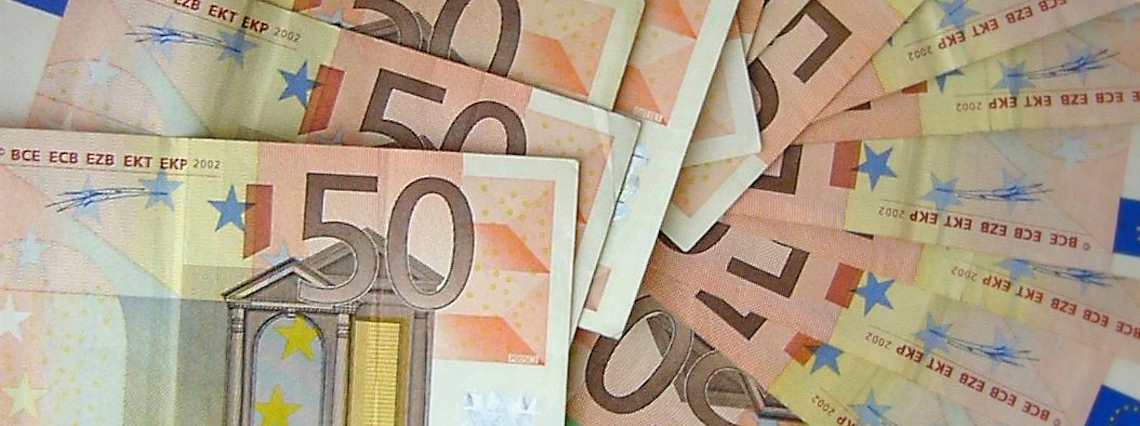Moving to a new country is a major decision in many people’s lives, causing endless headaches and stress. Let us take some of the hassle out of a move to France with this helpful checklist.
So, you’ve found your perfect French Riviera property and you’ve decided to make the move to France. An exciting new life is just around the corner, but before you start packing there are a few administrative details to deal with. Paperwork is nobody’s idea of a good time, but some of the French legal requirements are time-sensitive, so it’s best to get everything done as soon as possible.
To help you sort out the urgent tasks from the not so urgent, we’ve put together a checklist for your big move. It covers all the various legal requirements and obligations you’ll come up against, plus the practical elements of setting up home in a new country. Read through the full list below and with our help, you’ll soon be relaxing in the comfort of your fabulous new property on the French Riviera.
Visa Applications and Work Permits
Depending on your nationality, you might need to fill out visa applications and work permits before being allowed to travel to/set up home in France. European and Swiss citizens are able to live and work in France with no restrictions, but outside of the EU, you may well need a permit to live here for more than 3 months. Check to see if this applies to you. If you do need a visa or permit, the French embassy in your current country of residence should be able to give you more information and help you fill out all the relevant application forms.
Official Documents

Whether you need a visa or not, once you arrive in France you will definitely need copies of all your official documents. From opening a bank account to setting up utilities for your new home, you will need copies of your ID, proof of residency etc. We recommend making multiple copies of the following documents:
– Birth & marriage certificates
– Passport & ID card
– Social Security card
– Medical records including vaccination certificates
– Insurance policies
– Proof of residency (rental agreement or property deeds)
Registering with the French Authorities
Depending on your visa status, you may also need to register with the French authorities once you move to your new home. If you’re the proud owner of a Visa de Long Séjour (long-stay visa), you’ll need to contact the Office Français de l‘Immigration et de l’Intégration (OFII) within 3 months of moving to France. And if you hold another type of visa you may also need to register with your local prefecture. Check to see if the registration process applies to you.
Filing a French Tax Return
Once you become an official French resident, you will of course, be obliged to pay taxes in France. And in some cases you don’t even need to live here to be eligible, if your spouse and children live in France, you might still be considered as a French tax resident. Your status as a tax resident begins the day after your arrival in the country, so this is definitely one of the more time-sensitive tasks. Check out the official government website to request your first tax return form and to register at your local tax office.
Opening a French Bank Account

Once you own property in France, opening a French bank account will be vital for setting up utilities and making payments when you’re in residence. Opening an account is fairly straightforward, you just need to provide the bank with copies of your ID, any visas or residence permits plus proof of address. Once the application is approved, you’ll receive your shiny new bank card and cheque book (yes, they still exist here in France!) within a couple of weeks.
Registering for Health Insurance
Registering for health insurance should definitely be high up on your list of priorities once you arrive in France. France has an excellent health care system and as a resident you may well qualify for state health insurance, check here for more details. To take advantage of the French system you will need to register with the CPAM and within a few weeks you will receive the all-important carte vitale. If you don’t qualify for state health insurance, or you want to top up your coverage (the state doesn’t cover all medical costs especially when it comes to dental care and vision), you can also take out an additional private health insurance policy for you and the family.
Taking out Property and Vehicle Insurance
Hot on the heels of your health insurance, come property and vehicle insurance. Insuring your new property is fairly straightforward and basically just entails finding the right policy for you from one of the many French insurance providers. However, when it comes to insuring your vehicle(s), it’s a little bit more complicated. Depending on where your driving licence was issued, you may need to swap it for a French licence or even retake your test altogether before being able to take out insurance in France. Licences issued in the EU/EEA are valid for use in France but non-EU licenses are only valid for a year and also require an official French translation. So to make sure you’re fully covered, it’s best to get everything up to date and ready to go before heading out to explore the beautiful French Riviera countryside by car.
Setting up Utilities for your new property
Once you arrive on the French Riviera, before you can settle into your fabulous new home you’ll need to set up some utility services. Luckily this is a fairly easy task and just requires you to provide ID and proof of address to the various different service providers. Electricity and gas services can both be set up online and you can check out the EDF and Engie websites for more information. To find the designated water company for your town, contact your local mairie who will be able to give your their contact details. And similarly, the mairie will also be able to inform you about rubbish collection in your area and let you know how to contact the company if needed.
Paying your French Television Licence
If you’re planning on watching French TV at home, you’ll need a television licence or redevance audiovisuelle first. Licence fees are paid with the annual Occupiers Tax or taxe d’habitation and the cost is €121 per household.
Setting up your French mobile

A new mobile phone is another one of those vital tasks you’ll want to get sorted as quickly as possible. How else will you be able to organise cocktail evenings around the pool or leisurely lunches with your new friends here on the French Riviera? If you already have a GSM-compatible phone, all you need to do is pop into a phone shop and get a new SIM card with a French telephone number. Alternatively, if you fancy getting the very latest iPhone or Android phone to go with your new French digits, you’ll need to sign a contract with a French operator to get your phone and SIM card package.
Getting connected to the Internet
Depending on where your new property is located, there’s a very good chance that you will be able to enjoy superfast fibre optic internet services from one of the French providers. To find out whether your residence is eligible you’ll need to check if you’re in a zone de dégroupage total, dégroupage partiel or non-dégroupée. If you’re in a zone de dégroupage total, you’re home free and can pick any internet service provider to supply you with internet services. However if you’re in a zone de dégroupage partiel or non-dégroupée, you will need to open a landline with the operator Orange before signing up for internet services from another vendor.
Making sure you know the French Emergency Numbers
Hopefully you’ll never need to use them, but when it comes to an emergency situation in a new country, forewarned is definitely forearmed. Make a list of the following emergency numbers and print off a copy for your new property just in case:
– European emergency number: 112
– Ambulance and Emergency Services- Service d’Aide Médicale d’Urgence (SAMU): 15
– Police: 17
– Fire brigade – Sapeurs Pompiers: 18
– Medical advice line – SOS Médecins: 08 20 33 24 24
This piece was produced by Beauchamp Estates France.
![]()
Lead image by Hannes Wolf on Unsplash; photo of Euro bank notes by User:Mattes (Own work) [ECB decisions ECB/2003/4 and ECB/2003/5 or Public domain], via Wikimedia Commons; passport photo by by Nicole Harrington on Unsplash; girl on phone by Matthew Kane on Unsplash


Leave a Reply